By: Jaimie Glatt
Ashley McGirt, Activist and Licensed Professional Counselor states, “There are things I do not need to necessarily explain to the black community when I am having a conversation with them, just because these are concepts that are not foreign to us. Things like systemic racism and police violence, those are now becoming every day household terms, but they weren’t foreign to black people, at least most black people. We recognize what that is.”
Let’s PAUSE and breathe that in just a bit. When I think of those racial injustices that have become normalized, when I close my eyes, I notice tension in my shoulders and my heart beating a bit faster. I know these are signs of “fight or flight” cortisol in my body. I scan and it helps me be in tune with my body. I breathe again. I know that the body does keep score of even the traumatic impacts that may have become normalized or desensitized by the media. Our bodies tell us the truth and connect us to our intuition. As both a Black woman and as a Social Worker, it makes me ask the questions, “If we know and recognize, why don’t we talk about it more as a community?” “And If we aren’t talking about it, the tension racial injustice can cause, what are we doing with it?” Now, in 2020, we are not only dealing with the effects of racial turmoil in America, we are also in the middle of a pandemic where a silent killer is not only taking the lives of our loved ones, but it has also taken us away from some of our most sacred coping routines.
McGrit spoke of the impact on wellbeing during the pandemic and noted the rise in issues such as grief, anxiety, and depression. In her counseling sessions, she noticed a trend in her client’s current struggles and made the connection with the reality that their typical coping mechanisms were no longer available. Things like going to the beach, gyms, and social connection for many has all but disappeared. McGrit also identified the specific challenge and barrier for Black America in accessing well-being and coping resources related to the lack of culturally competent clinicians and high costs of therapy (with clinicians who do not accept insurance).
So how can we cope with racial injustice when our typical coping mechanisms have been challenged in the face of a global pandemic? How can we begin to unpack the tensions surrounding racial and social injustice? How am I coping? What am I doing? First I’ve had to adapt, second I’ve had to get creative and finally I’ve had to be the change. Here are a few ways:
1) Be Adaptive - If your opportunity to travel to the gym is inhibited, you can use this as an opportunity to build a home gym, work out without weights or get in a good walk. 45 minutes of walking a day is proven to relieve stress and to produce noticeable changes in energy levels and achieve weight maintenance goals.
2) Be Creative - We can all use this time to explore our creativity. Many people have used zoom, for not only meetings at work, but for weddings, family reunions and dance meet ups. I’ve used this time to create a cookbook and take pictures of my homemade food entries. What can you challenge yourself to explore creatively today?
3) Be the Change - A more upstream approach to addressing the particular challenges that Black America experiences with racial injustice is having more culturally competent clinicians. Social Workers are trained to be culturally competent in alignment with the NASW Code of Ethics. In their work with clients (micro work), with groups and in the community (mezzo work) and in their work within systems and on policies (macro work), social workers strive to see the whole person and environment that impacts wellbeing. Social Work provides me with the opportunity to personally challenge myself to become both more culturally competent, and to embrace the unfamiliar. Though I know everyone won’t become a social worker, we can all start by challenging ourselves individually to learn more about other cultures. At minimum.
In this 10 minute clip, McGirt, acknowledges the challenge within the black community regarding a lack of trust in the system, including therapy services. She here interviews with TYT’s The Conversation, and discusses topics including COVID 19 behavioral health, Post Traumatic Slave Syndrome, Black Lives Matter and the true definition of racism.
If after considering all of this you find that you need some additional support and are looking for culturally competent clinicians, you can find yourself at home at Nashville Emotional Wellness. We are real people, helping real people with real problems offering individual, group and couples counseling that is culturally competent, sensitive and aware. Learn more about our work at NEW. Together, we can address inherent systematic racism...one person, one step at a time.


